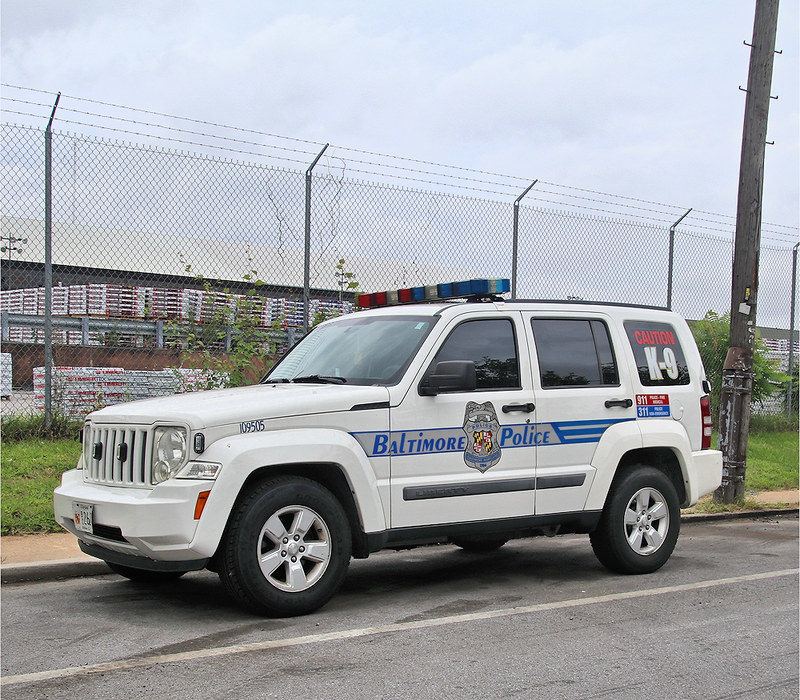The SMART policing plan that Mayor Brandon Scott and the Baltimore Police Department’s (BPD) Commissioner Michael S. Harrison announced last week does not rely on the BPD’s own internal tech innovation. But tech still plays a significant role, albeit more of a background one.
SMART policing’s principal acronym stands for “Strategic Management and Alternative Response Tactics,” and the announced reforms reflect an effort to maximize police effectiveness and response to emergencies and violent crime. Mayor Scott has thus pivoted the BPD away from responding to non-emergencies like lost property, larceny, non-injury or non-DUI-related traffic accidents. Instead, social workers and third-party organizations or the police’s Telephone Reporting Unit (TRU) will handle these non-emergency situations.
Eric Melancon, Commissioner Harrison’s chief of staff, said that these changing methods accompany a steady improvement in the use of technology to increase police efficiency. For instance, until last year, the BPD had been doing all of its reports and record-keeping by hand. Baltimore officers only recently gained the ability to write a police report on laptops in their patrol vehicles, according to Melancon.
“Those technological innovations are also a part of this broader strategy to get the most out of our officers’ time and get them out of these administrative duties,” Melancon told Technical.ly.
The purchase of the new records system and TRU came out of the $7.9 million of federal funds the city got to address the consent decree and the Department of Justice’s (DOJ)prior findings concerning violations of rights.
“We have plans to employ that open data concept so that people can see that the service delivery from those types of calls are actively and successfully being managed,” Melancon explained. “You can’t monitor what you can’t measure. One of the things that was found in the DOJ report was the pattern and practice of unconstitutional stops. That has to be drastically curtailed, and we have to have accountability when they occur.”
According to Melancon, the police bodycam company Axon is building a system so the department can keep track of every stop and interaction with an officer, as well as link the bodycam footage to the resulting incident or field report.
In the next few years, the department also plans to implement an accountability tracking tool that shows the crimes resolved through the TRU and online reporting. But first, as a priority of the consent decree, the department needs to create an early intervention system regarding police misconduct.
“It’s not just technology for technology’s sake,” said Melancon. “It’s technology for better outcomes. It’s technology for more constitutional policing. It’s technology for ensuring the public is protected from the kind of abuses that it faced in the past.”
Donte Kirby is a 2020-2022 corps member for Report for America, an initiative of The Groundtruth Project that pairs young journalists with local newsrooms. This position is supported by the Robert W. Deutsch Foundation.Join our growing Slack community
Join 5,000 tech professionals and entrepreneurs in our community Slack today!
Donate to the Journalism Fund
Your support powers our independent journalism. Unlike most business-media outlets, we don’t have a paywall. Instead, we count on your personal and organizational contributions.





